Give me liberty, or give me death!
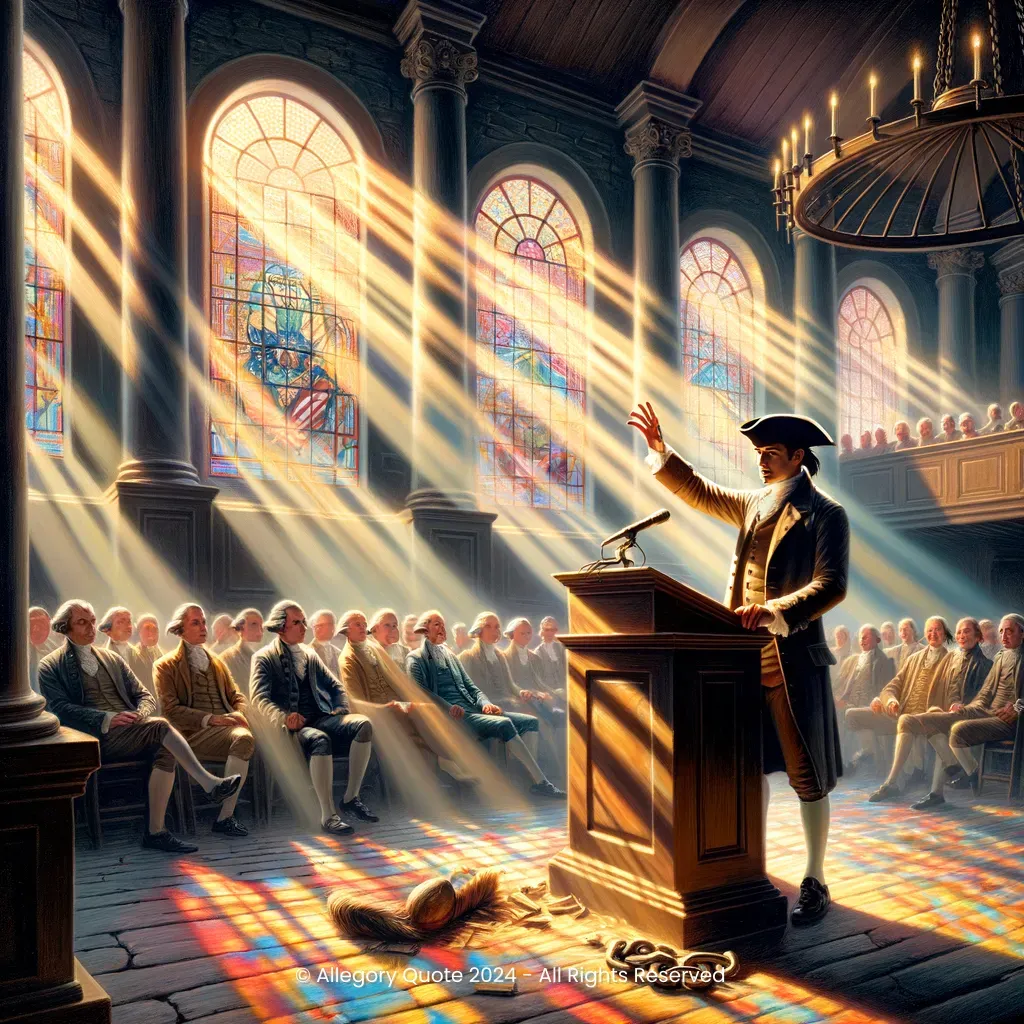
0
0
0
0
- Meaning
- The phrase "Give me liberty, or give me death!" captures the intense fervor and resolve of those who fought for American independence. It expresses the sentiment that freedom and self-governance are worth more than life itself, emphasizing the high stakes of the struggle against British rule. Essentially, it underscores the belief that living without liberty is an existence not worth having.
- Allegory
- In the image, Patrick Henry's emphatic hand gesture signifies the power and conviction behind his words "Give me liberty, or give me death!" The dimly lit church with sunlight streaming through the stained-glass windows creates an atmosphere of solemnity and historic importance. The attentive figures in the background represent the collective resolve for independence among the colonists. The broken chain on the floor symbolizes the desire to break free from British oppression, while the American flag subtly included in the scene symbolizes the birth of the new nation and the impending American Revolution. This visual narrative captures the essence of the struggle for liberty and the historical weight of Henry's proclamation.
- Applicability
- This phrase can serve as a source of inspiration in personal life, especially in situations where one must choose between compromising their principles or standing firm for what they believe in. It encourages bravery and conviction, acting as a reminder that some values, such as freedom and autonomy, are worth fighting for, even in the face of daunting challenges.
- Impact
- The impact of Patrick Henry's declaration is profound, as it became a rallying cry for American independence. It has been cited countless times in speeches and writings advocating for freedom and resistance against oppression. The phrase has inspired various movements and remains a powerful symbol of the fight for liberty and human rights worldwide.
- Historical Context
- Patrick Henry delivered this landmark speech on March 23, 1775, during the Second Virginia Convention at St. John's Church in Richmond, Virginia. The speech was instrumental in shifting the momentum towards armed resistance against British rule, contributing significantly to the American Revolutionary War.
- Criticisms
- One criticism related to this phrase can arise from diverse interpretations of what constitutes "liberty" and at what point it warrants the ultimate sacrifice. Some might argue that the idea of choosing death over life without liberty is extreme and could lead to a justification of violence. Nonetheless, the context of the phrase in a revolutionary struggle influences its interpretation.
- Variations
- Variations of this phrase appear in several cultures, emphasizing the universal value of personal and national freedom. For instance, the French Revolution's rallying cry "Liberty or Death!" echoes similar sentiments about the value of freedom over life itself.
-

All that glitters is not gold.
-
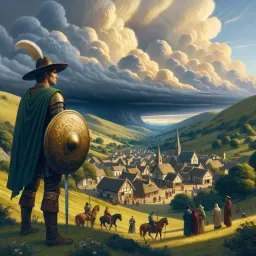
Forewarned is forearmed.
-

Living well is the best revenge.
-
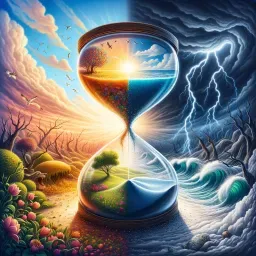
This too shall pass.
-

I was working on the proof of one of my poems all the morning, and took out a comma. In the afternoon I put it back again.
-

Where words fail, music speaks.
-

Even a cornered rat will bite a cat.
-
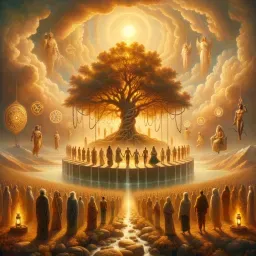
The truth shall set you free.
-
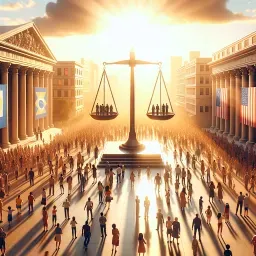
When the government fears the people, there is liberty. When the people fear the government, there is tyranny.
-
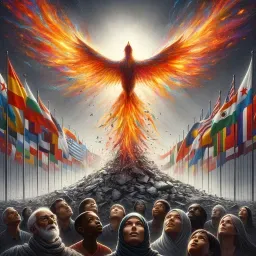
America is back.
No Comments